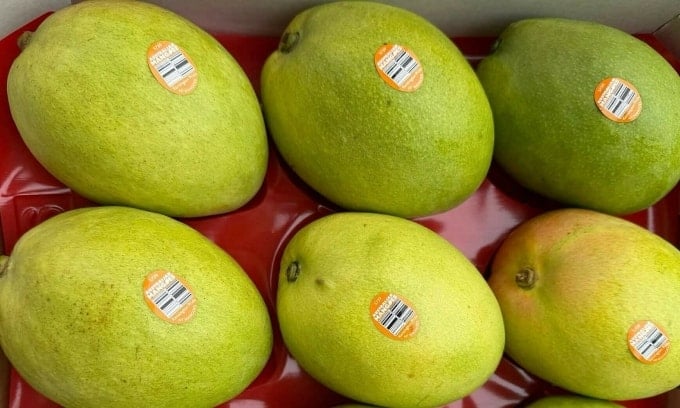
Recently, imported fruit stores in Ho Chi Minh City and Hanoi have begun to sell Kensington Pride mangoes - a specialty Australian mango variety famous for its golden flesh and light aroma. This mango is mainly imported by air, targeting high-end customers or as gifts.
At a store on Dinh Bo Linh Street, Binh Thanh Ward ( Ho Chi Minh City), mangoes are packed in 7kg boxes, each box contains 9-10 fruits, priced at over 3.7 million VND. The store owner said this was the first time they imported this type of mango, the goods arrived at the end of October, each batch only had about 5 boxes due to high transportation and storage costs.
"Each fruit weighs about 500-600 grams, has firm flesh, and a rich sweet taste," said the shop owner.
Kensington mangoes are also sold at similar prices in Hanoi. A store employee in the Tay Ho area said that imported goods are increasingly subject to strict inspection and traceability procedures, causing input costs to increase sharply. To keep the goods fresh, the store must continuously refrigerate them during the journey; if the temperature is off, the fruit can easily spoil. Therefore, domestic retail prices are many times higher than domestic goods," the employee said.
In Australia, this mango variety is grown mainly in dry climates such as Queensland and the Northern Territory. According to importers, this variety is popular thanks to special cultivation techniques: farmers apply automatic drip irrigation systems, precise water control and do not use flowering stimulants. Instead, they use "water stress" techniques - controlled irrigation to make the trees flower in unison. The trees are pruned low, with open canopies to evenly distribute light, helping the fruit to have beautiful colors. The entire process of planting, harvesting and packaging is attached with electronic traceability codes, ensuring quality when exported far away.
At major Australian supermarkets such as Woolworths, Coles or Harris Farm, this mango is being retailed at around $4 per fruit (weighing 500-600 grams), equivalent to $6.7-8 per kg, or around VND165,000-200,000 per kg. Thus, the price in Vietnam is three times higher than the retail price in Australia, due to the cost of air transport, cold storage and loss when the goods are damaged.
In Vietnam, this mango variety has been propagated and grown widely in the Mekong Delta, especially in Tien Giang , Dong Thap and Can Tho. The price at the garden is only about 20,000-25,000 VND per kg, while at high-end stores it is 70,000-80,000 VND per kg.
Mr. Phuc - owner of a fruit shop in Tan Dinh ward (Ho Chi Minh City) - said that mangoes of the same variety but grown domestically are much cheaper due to low logistics costs and abundant supply. However, domestic products are not uniform in quality, and the preservation process is not strict, so high-income customers still choose imported products with clear traceability stamps, even though the price is many times more expensive.
According to local growers, the main season for Australian mangoes grown in Vietnam usually falls between March and May, when the early sunshine helps the fruit reach its peak sweetness. This year, the mango crop in Khanh Hoa peaks at the same time as the Chinese mango season, causing supply to exceed demand, with prices at the orchard dropping to only VND5,000-8,000 per kilogram, causing many farmers to suffer heavy losses. On the contrary, October-December is the domestic off-season, so supply is low, pushing prices up. This is also the time when Australian mangoes enter their main season, making imports to Vietnam more abundant.
According to the Customs Department, in the first 9 months of this year, Vietnam spent more than 100 million USD to import fruits and vegetables from Australia, an increase of 27% compared to the same period last year. In addition to mangoes, cherries, grapes, tangerines, and oranges from this country are products imported to Vietnam in large quantities and sold at expensive prices.
Similarly, Vietnamese fruits such as lychee and durian, when exported to the US or Australia, are also sold at prices 2-3 times higher than those consumed domestically, due to logistics costs, cold storage and strict safety inspection. However, many domestic businesses believe that this is also an opportunity for Vietnamese fruits to learn from Australia's practices - from clean farming, consistent quality to electronic traceability, to increase value and expand their position in the international market.
According to VnESource: https://baohaiphong.vn/xoai-australia-ve-viet-nam-gia-600-000-dong-mot-kg-525887.html


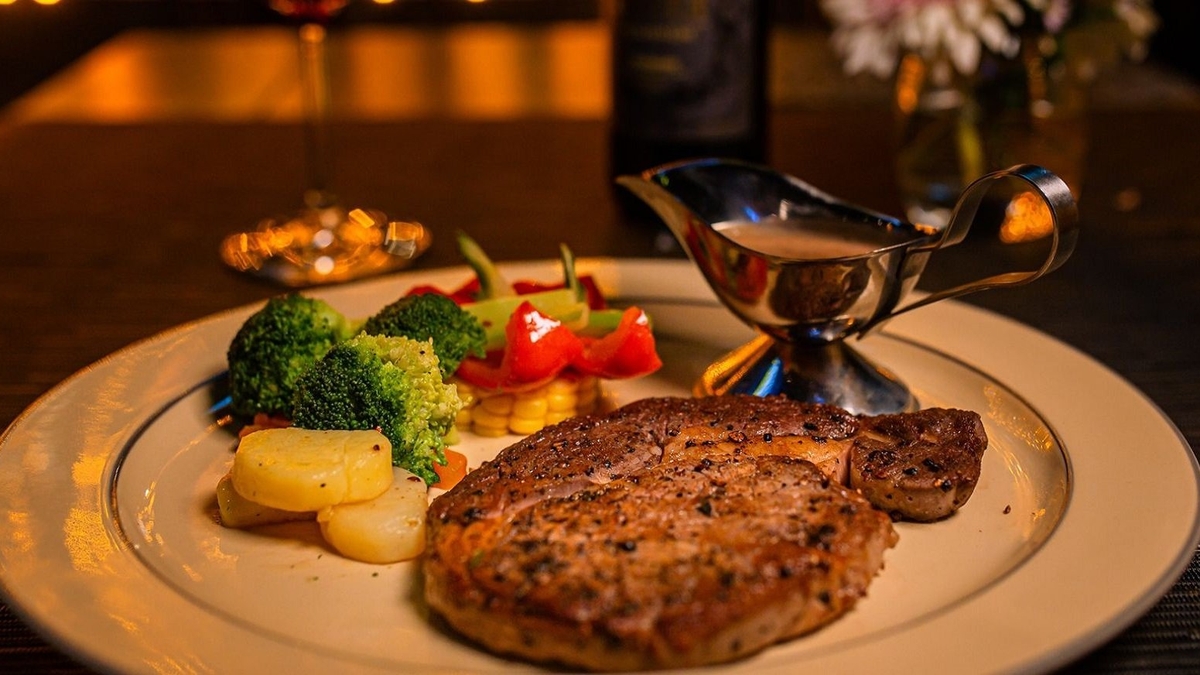
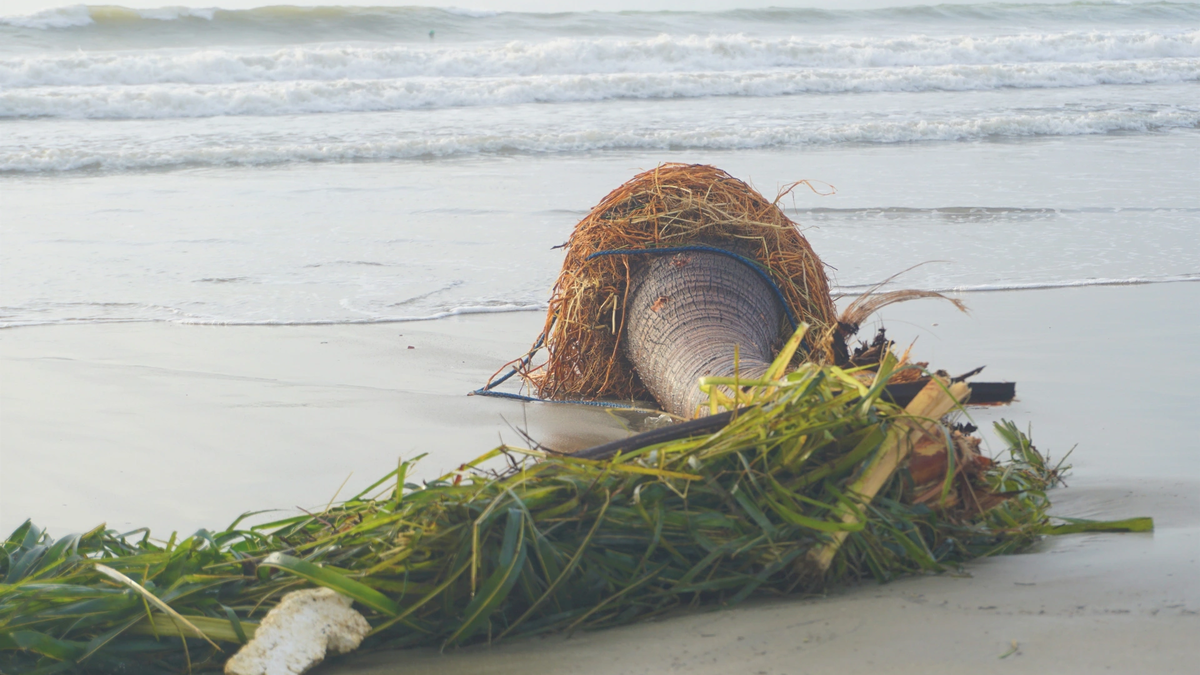
![[Photo] Prime Minister Pham Minh Chinh receives the delegation of the Semiconductor Manufacturing International (SEMI)](https://vphoto.vietnam.vn/thumb/1200x675/vietnam/resource/IMAGE/2025/11/06/1762434628831_dsc-0219-jpg.webp)


![[Photo] Hanoi: Long Bien residents brave the rain to go to work and school amid traffic jams due to bridge closures from early morning](https://vphoto.vietnam.vn/thumb/1200x675/vietnam/resource/IMAGE/2025/11/07/1762485038077_dji-0206-1506-jpg.webp)


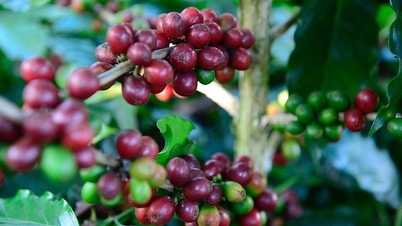

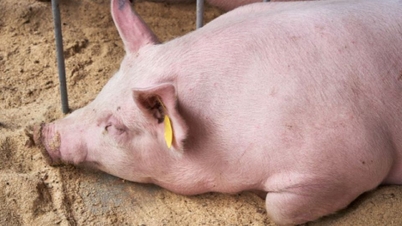
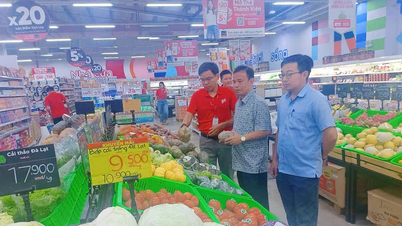

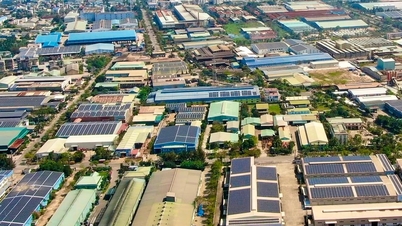

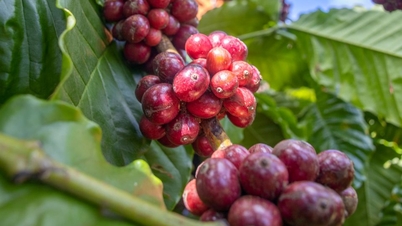


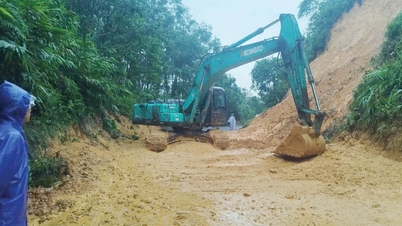



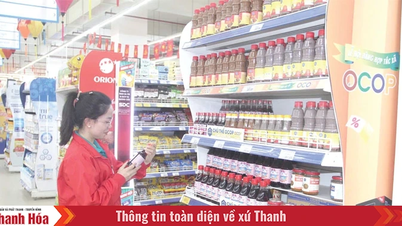









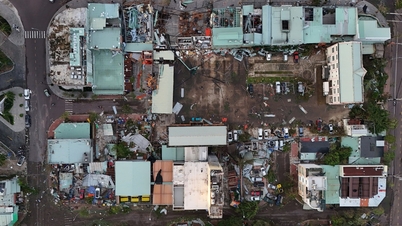


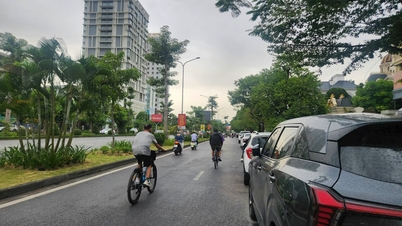

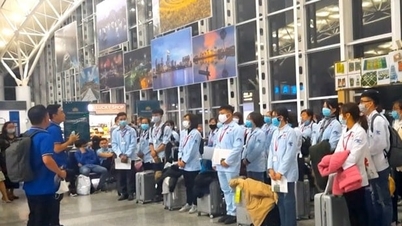












































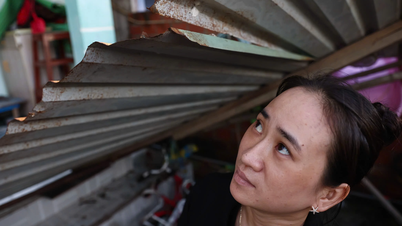


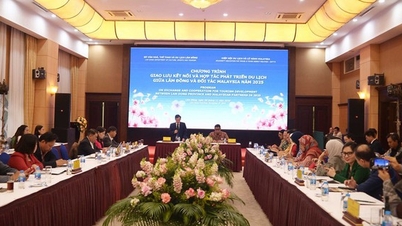





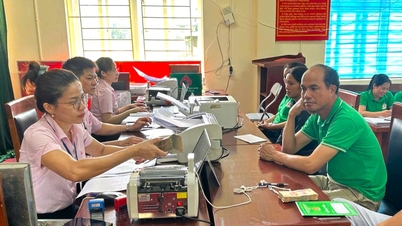









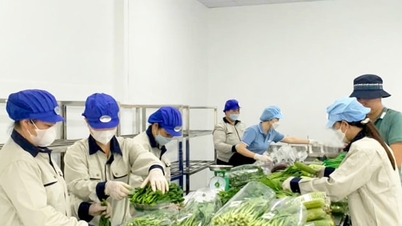









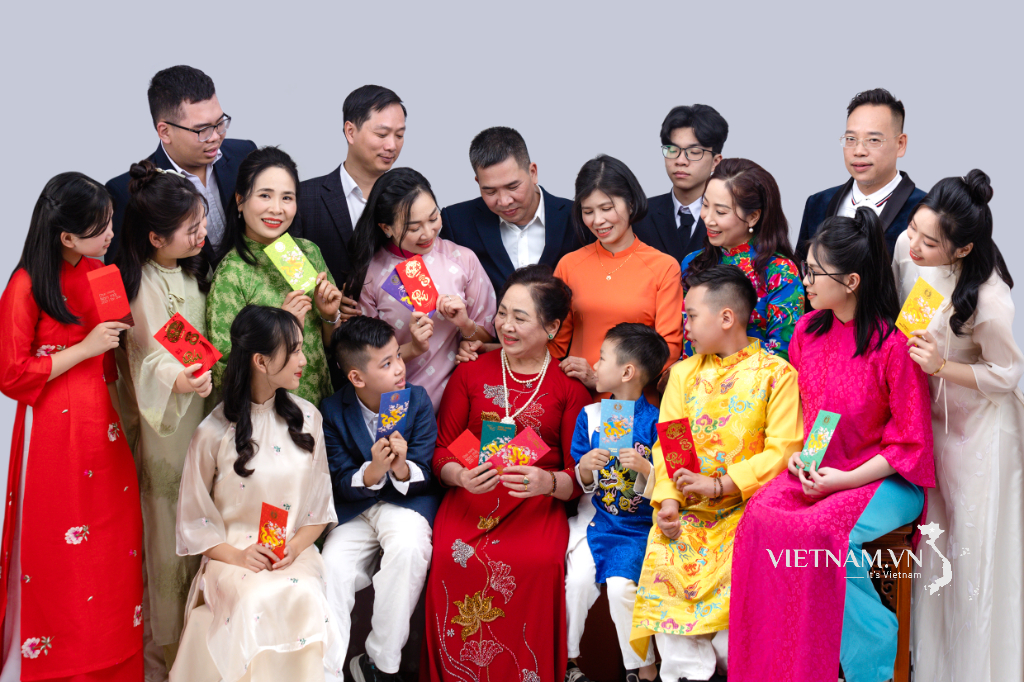

Comment (0)